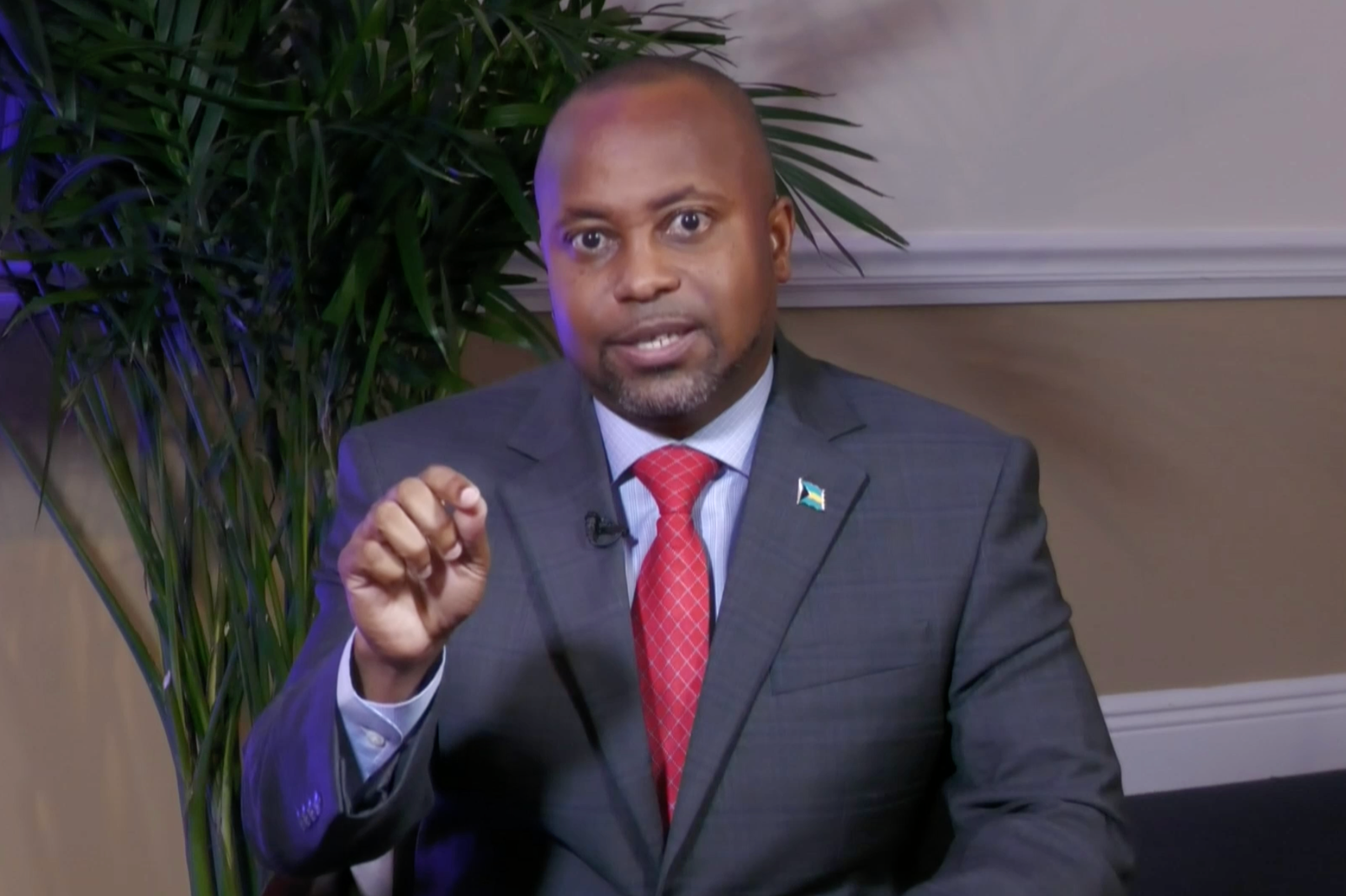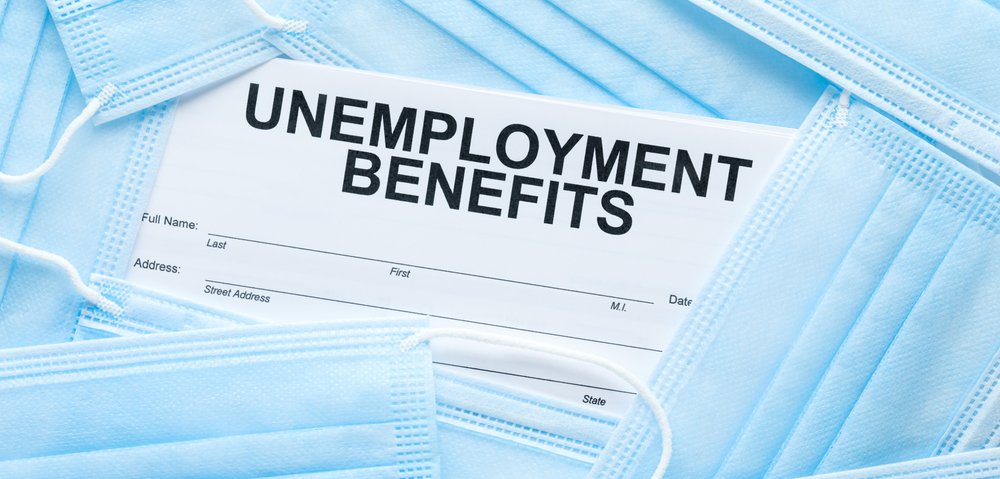NASSAU, BAHAMAS — Minister of State for Finance Kwasi Thompson said yesterday that the government is expected to extend its unemployment assistance program to September.
The unemployment program was set to end in June after a 15-month run.
“It really was designed to be maybe a three or four-month measure, but unfortunately…the pandemic kept going. It is still continuing and we have had to extend it well over 12 months; we’ve had to extend it,” he said.

“We anticipate that up until September, that we will continue those existing unemployment benefits.
“But, again, as we said, it is really about trying to transition from the government continuing to pay out the unemployment benefits to the government now finding ways to stimulate the private sector to create employment.
“And so, you will see where there is some funding to temporarily continue those unemployment benefits, but then the additional funding is for us to provide the tax concessions to stimulate the private sector, to continue and to accelerate their pace of employment.”
The minister said the transition from pure government support to private sector long-term sustainable employment is important.
According to Acting Financial Secretary Marlon Johnson, for beneficiaries of the unemployment program leaving the program when it eventually comes to an end, social services has been shored up for the upcoming fiscal period to meet the continued need for assistance.
The Department of Social Services will receive a more than $20 million allocation to its budget in the upcoming period, from $60.3 million to $81.4 million.
In Parliament, Prime Minister Dr Hubert Minnis pointed out that The Bahamas extended its unemployment benefit program well beyond other jurisdictions in the Caribbean.
The government pumped over $118 million into government-funded unemployment assistance to “put cash directly in the hands of unemployed and self-employed Bahamians impacted by the economic downturn”.
The sum did not include the earned benefits that were paid out by the National Insurance Board (NIB) under its ordinary unemployment benefits program.
“We will continue and ultimately transition from providing unemployment support to implementing job growth policies that maintain and expand economic opportunities,” the prime minister said.
“These will include incentives to businesses who employ additional staff.”






